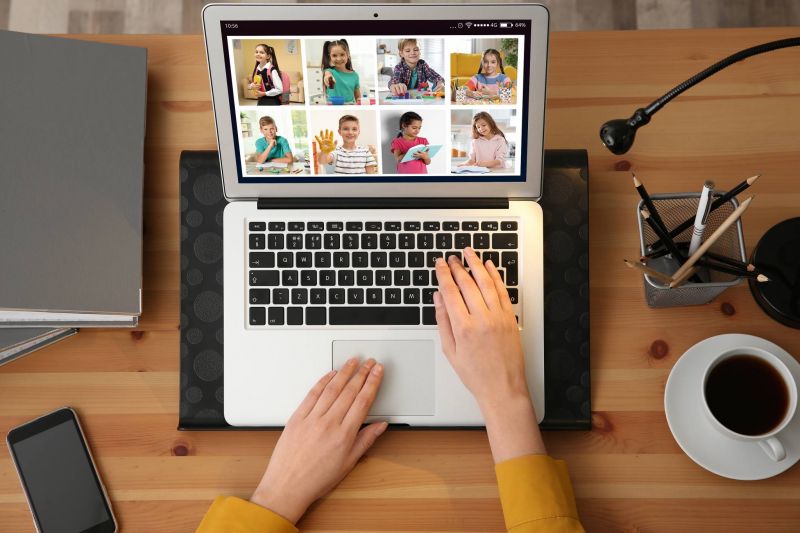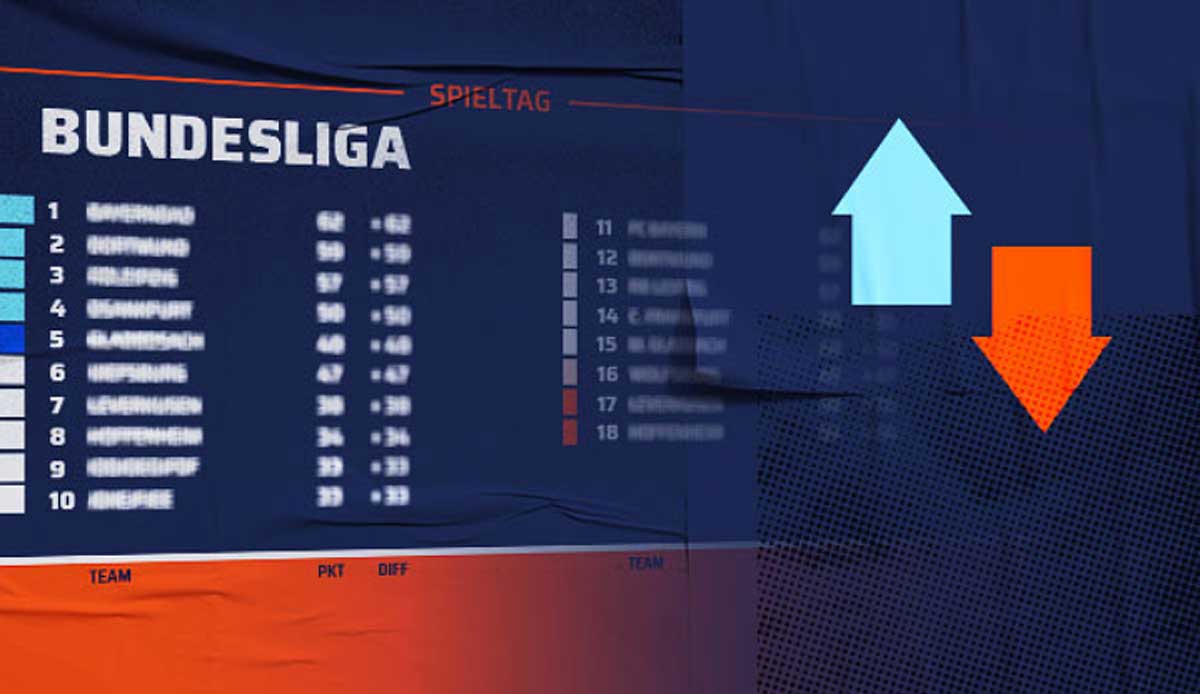“I miss my school. My class, his library, his books. Everything is more beautiful there than at home. “From the top of his five years, Antoine expresses to his mother his frustration at not being able to go to school because of confinement. Frustration such as “even the classroom walls” fail the little boy in this period of complete closure and closure of educational institutions. On the other hand, the Covid-19 pandemic is doing well. After breaking unmatched records in Lebanon, it maintains high numbers of contaminations per day on the eve of the first vaccinations. Marion, 12, would like so much “that life becomes as before”. As before the confinement, let’s hear. ” I’m fed up ! The teenager often launches at her mother. Tired of not seeing her friends physically, of this stress caused by the fear of the virus, but also of the virtual modes of communication which ended up boring her after having amused her. To the point that “she lost her joie de vivre and turned in on herself,” deplores her mother, Caroline. Momentarily, very fortunately, because we quickly managed the situation ”. The children are doing badly. Even the most fulfilled. Their rhythm of life has been disrupted by the virus and by the mass of prohibitions relating to it. Forbidden to socialize, to see grandparents, extended family, friends, neighbors. Forbidden to carry out any sporting or recreational activity with others. Forbidden to sea, mountain, outdoor walks. Even school, with teachers and classmates, is forbidden to them. Symbols par excellence of the normalization of children, educational institutions in Lebanon have been closed since November. They are now continuing their education online. In the best case, they will have opened their doors a few short weeks since the start of the September school year, after a particularly chaotic school year. The authorities failed to keep them open for lack of a comprehensive policy and the ability to enforce barrier measures in times of coronavirus. Should we remember that water and soap are scarce commodities in many public and even private establishments? “Children are going through particularly difficult times. They don’t have the mental capacity to understand why they can’t go out or see their loved ones. And the explanations of their parents are too hasty “, notes Danielle Pichon, clinical psychologist, advocating instead” the necessary involvement of children in the fight against the coronavirus “.
Friends miss so much
It is therefore in front of their screen, in a virtual classroom, that students now spend most of their days. A reality in contradiction with the recommendations made so far by education specialists. Computer or tablet screen for the better-off. Tired telephone screen that a whole sibling can hardly share for the most disadvantaged, and even more so, if the connection is available. The scenarios differ from one family to another, from one social category to another, from one educational institution to another. The same is true of technical hassles which hamper the proper functioning of the process and are a source of stress. “The repeated power cuts, the poor quality of the internet connection and the difficulty for some of them to acquire electronic equipment distress both students and their teachers”, recognizes the director of the College of the Brothers of the Sacred Heart of Gemmayzé , Rodolphe Abboud. So much so that management has taken the initiative to lend computers to those who do not have the financial means to get them. In another private establishment, a monthly fee is distributed to the most disadvantaged families and teachers, representing the cost of internet subscription. But these initiatives remain insufficient in the face of the deep inequalities between the country’s students, which the Covid-19 has continued to accentuate.
Beyond the technical considerations, which saw “some improvements compared to the previous year”, it is the isolation and the prohibition to see others physically that particularly disturb the students. Not to mention that overly smooth routine that bothers them so much. “I’m tired of being locked up at home and not seeing anyone,” scolds Caline, a final year student. “And then, every day spent behind the screen is the same, with its share of lessons and homework”, she regrets, deploring “the lack of interaction”. The young girl expected so much from this last school year. Not only did she miss her friends and teachers “terribly”, but she was “happy to say (her) farewell to her high school life, to prepare for the promotion party”. “I’m afraid the final year ends in a fishtail,” she laments. “The hardest thing for children is this total breakdown in relationships and exchanges. So much so that for his birthday, a child wished as a gift to “see the coronavirus go”. In addition to this social disruption, there is an upheaval in the pace of student life, ”explains Ms. Pichon. “It stems from the absence of rituals likely to give children a reassuring referent, such as getting up, studying, eating at a fixed time or regulating the use of sweets …” specifies the psychotherapist.
A weakening concentration
Despite the efforts of teachers who redouble their ingenuity to interest students, interaction is lacking. Concentration then weakens, and not only among the youngest. Caline, 18, admits “some difficulty concentrating” when working online. What bothers her the most, “is being scolded by teachers who blame (him) and other students for (their) lack of participation”. Same scenario for Antoine, 5, eldest of three boys, who “has trouble staying focused”. Besides her family and professional occupations, her mother Diane, a lawyer, has no other choice but to also wear the teacher’s cap. “As he’s learning to read, I have to stay by his side,” she says. Another finding is a rise in aggression in children. “Usually gentle, my boys suddenly got aggressive. They argue a lot, ”says Diane. One day when the young woman took one of her children to walk outside to calm him down, she was stopped by a police officer. “I had to tell him that my children were going to devour each other,” she says.
These states of mind are also raised by educators. “The students are both tired, stressed and anxious,” notes Amale Barakat, deputy director of Saint-Grégoire College in Beirut. “We see it by the lack of concentration of a minority of students during lessons (4 to 5 per class), by sloppy homework and by the excuses behind which they hide for not doing their work”, notes the responsible. “And when we offer them the opportunity to express themselves freely on a subject that is close to their hearts, they talk about their fight against the virus,” she adds.
“Some students openly express their fatigue, others become totally apathetic, even placid,” observes Zeina, a teacher. “I don’t recognize them anymore,” she adds. Because behind their screen, children lose interest in lessons and no longer listen to the lesson. “At the same time, they don’t want to go back to school for fear of catching the virus. “A fear that can be explained by the loss of relatives suffering from Covid-19,” grandparents or even parents for some “. “A student recently burst into tears. Another suddenly left the course, her grandmother had just died ”, regrets the teacher. Not to mention that many students were also infected. “We must then manage their fatigue at the same time as ours,” she notes.
Sleep disturbances, dropping out, loss of appetite
Impossible for some to manage these negative affects, anxiety, fatigue, fed up, depression. Unable to find a substitute for the absence of their friends or to adapt to the reality of confinement, they present serious behavioral disorders. Like Habib, a final year student, who experiences insomnia after long hours spent on his screen following lessons, writing homework and submitting applications for admission to universities. Like Marc too, 8 years old, who is completely dropping out. “He refuses to attend classes and even to log in,” says his mother, Rania. Benjamin of a family of four children, the boy was already followed by a specialist, before confinement, for academic difficulties. Difficulties exacerbated by parental divorce, by the little personal space he has in their small apartment, but also by the fact that his mother, who works, cannot serve as a teacher. “When I insist, he loses his temper,” she laments helplessly. But at the same time, the sanction is the only way to convince him. “
In a Lebanon in acute crisis, one cannot ignore the harmful accumulation of events on children’s mental health. Caroline and her children keep a bitter taste. “In full containment a few days ago, Israeli planes flew over the city at low altitude, above our heads. The children panicked, asking if they were going to strike, ”protests the young woman.
“The situation is particularly disturbing for the pupils and their entourage”, underlines the psychologist Myrna Ghannagé, dean of the faculty of the letters of the Saint-Joseph University. “Containment alone is already a source of stress and anxiety. Added to the political, economic, financial and security crises, and to the explosion of August 4, it can only weaken the already vulnerable people who see their resources exhausted, ”she explains, citing as an example“ a lower financial income, an unemployed parent or lower self-confidence ”. “At the same time, we are witnessing a rise in violence in families during periods of confinement,” notes the specialist. Except that in the end, “it all depends on how families deal with difficulties.” So, “if you feel that your child behaves in an abnormal way for him and that it lasts in time, do not hesitate to consult a specialist”, advises the psychologist.
–
“I miss my school. My class, his library, his books. Everything is more beautiful there than at home. “From the top of his five years, Antoine expresses to his mother his frustration at not being able to go to school because of confinement. Frustration such as “even the classroom walls” fail the little boy in this period of total closure and closure …


